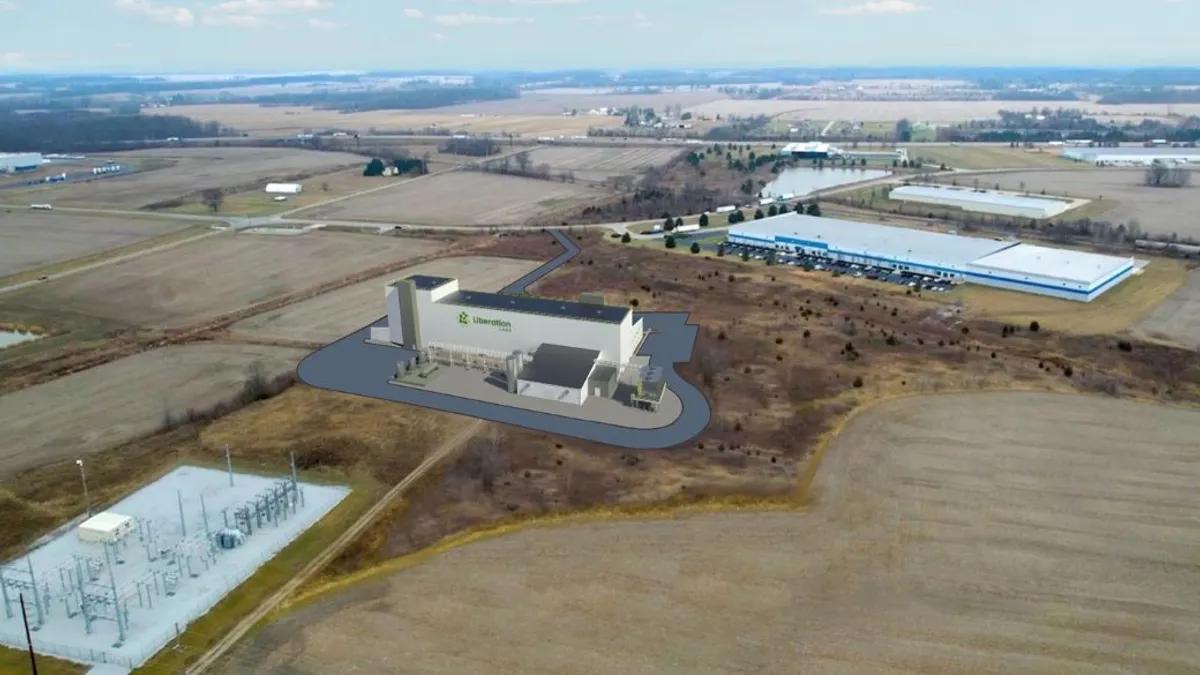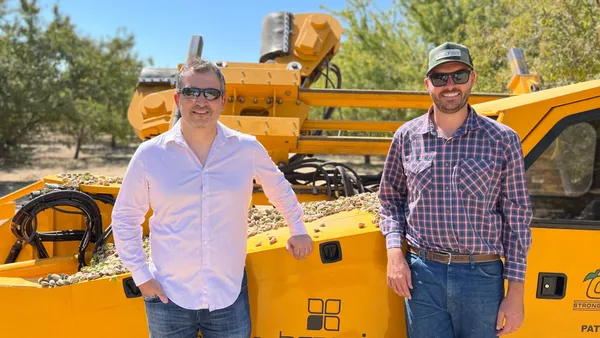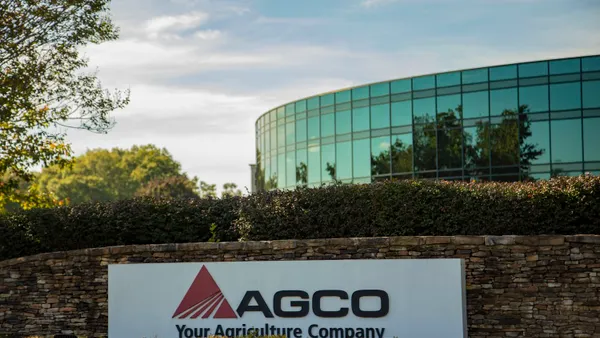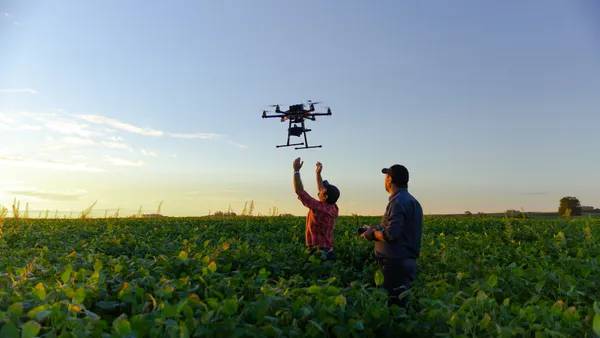Whether it’s sustainable packaging, alternative fuel options or bioinputs for the agricultural industry, demand is on the rise for bio-based products globally. New research from AgriNovus Indiana shows a sizable opportunity to advance early-stage discovery into commercial pipelines across the bioinnovation economy.
Let’s set the stage: what exactly is bioinnovation?
The bioinnovation economy creates the enabling infrastructure, financing and partnerships needed to advance all scales of biotechnology product, platform and process development – from early-stage research and development to pilot-scale trials and commercial-scale operations. Indiana is positioned to emerge as a premier destination for this to happen, says AgriNovus president and CEO Mitch Frazier. “When you consider Indiana’s enviable position in agbioscience innovation, life sciences and advanced manufacturing, Indiana has the assets to become the place where bioinnovations are born, developed, scaled and commercialized.”
The biggest hurdle for this economy to overcome is infrastructure that enables more innovations to scale and commercialize. The United States is investing to expand its domestic footprint, a necessary step to advance the nation’s global competitiveness with Europe – a world leader in fermentation capacity.
Those investments are making their way to Indiana. Equipped with a Regional Technology and Innovation Tech Hub designation, Indiana’s Heartland BioWorks is set to receive a $51 million federal implementation grant to ensure the United States’ global competitiveness in domestic bioinnovation.
Frazier says this lifts some barriers for early-stage innovators. “This designation will enable Indiana to build critical infrastructure and develop the workforce needed to take new products to market.”
With investment and shared infrastructure, what does this bioinnovation economy of the future entail? There are early winners, starting with:
Farmers are a primary market for bioinputs on their operations and suppliers of raw materials needed for the industrial biomanufacturing industry. As a top five producer of corn and soybeans nationally, Indiana has proven its ability to produce feedstocks that are important to biomanufacturing. That strength also provides bioinnovators access to biomaterials essential to biomanufacturing .
Innovators focused on the establishment and scale of bio-based products have historically faced challenge when resources – physical and financial – keep them from building necessary infrastructure to grow. Companies like Liberation Labs, a precision fermentation facility that broke ground in Indiana last year, found Indiana’s access to feedstocks, talent and manufacturing know-how essential to enabling the company to fill a pressing contract biomanufacturing need among food companies for animal-alternative ingredients.
Frazier says while it’s still early, the state is putting points on the board quickly. “There is this mix of established leaders and new entrants committed to growth. From biofuels to bio-based materials companies, this broad bioeconomy continues to build momentum here.”
Sustainea and Primient made headlines in October with the announcement of a $400 million co-location partnership to establish the nation’s largest Bio-MEG (monoethylene glycol) facility in Lafayette, Indiana. The planned facility will produce a renewable, plant-based alternative to petroleum-based MEG that will significantly reduce the need for traditional fossil-based plastics for beverage bottles, food containers, apparel and footwear.
Precision fermentation facility, Liberation Labs, is building infrastructure in Richmond, Indiana to commercialize novel protein manufacturing at the scale and cost structure required by the market. The company broke ground in 2023 and has partnered with Ivy Tech Community College to develop a new biomanufacturing workforce training program.
BioBond Adhesives, a portfolio company of Big Idea Venture’s Generation Food Rural Partners Fund, opened headquarters and development laboratories in Lafayette, Indiana to accelerate commercialization of its plant-based, biodegradable adhesive and coating alternatives. The company targets a wide range of industries including packaging, construction, electronics, furniture, apparel, marine and aerospace.
Vincennes, Indiana-based AgroRenew invested $83 million this year to build out a processing facility that repurposes food waste from the region’s thriving watermelon, cantaloupe and pumpkin industry into eco-friendly plastics. The company was founded from an ideation at The Pantheon Innovation Center.
With winds in the sail, what’s next to do? Frazier says now is the time to take action. “We must seize this opportunity to make this next chapter of the bioeconomy its best yet. Everyone from farmers to investors to companies of all sizes can win in the bioinnovation economy.”
Are you a farmer, innovator, investor or company interested in exploring the bioinnovation economy? Connect with the AgriNovus team here.










